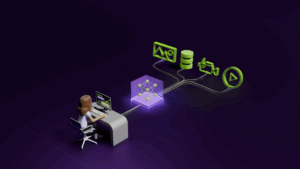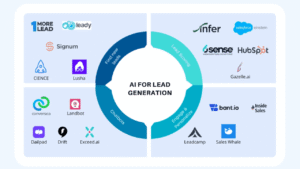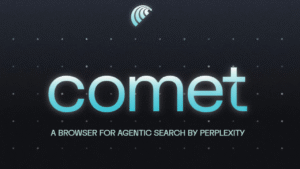OpenAI announced the first “connector” for its ChatGPT Deep Research tool, enabling ChatGPT Plus, Pro, and Team users to securely link GitHub repositories. This enhancement allows developers to ask natural‑language questions about codebases—summarizing functions, identifying dependencies, and translating product specs into implementation steps—while honoring existing GitHub access controls. Enterprise and Education releases are slated “soon,” per OpenAI.
Background: Evolving AI‑Assisted Development
OpenAI’s Deep Research agent, launched February 2025, uses browsing and code‑analysis tools to generate thorough research reports across web content. By contrast, the new GitHub connector brings private, version‑controlled code into the loop, addressing the long‑standing demand for AI to operate directly on in‑house repositories.
Key Capabilities of the GitHub Connector
-
Secure Access: Respects GitHub’s OAuth scopes and repository permissions, ensuring that ChatGPT only sees code users already have rights to view.
-
Codebase Q&A: Enables queries like “What are the main modules in this repo?” or “How do I implement feature X based on this spec?”.
-
Task Decomposition: Breaks down product specifications into technical tasks and dependency graphs, aiding sprint planning and workload estimation.
-
Pattern Summarization: Analyzes code structure, design patterns, and API usage to generate architectural overviews and best‑practice recommendations.
-
Example‑Driven Learning: Surfaces real code snippets and usage examples, accelerating onboarding and troubleshooting for new frameworks or libraries.
Deployment & Availability
-
Beta Rollout: Available immediately to Team users globally; Plus and Pro users will gain access over the next few days (excluding the EEA, UK, and Switzerland).
-
Enterprise & Education: Scheduled for “coming soon,” with support for on‑premises deployment via ChatGPT Enterprise to meet strict compliance requirements.
Business Impact & ROI
-
Time‑to‑Insight: Reduces time spent navigating documentation and code review by up to 50%, per internal OpenAI benchmarks.
-
Cross‑Functional Collaboration: Bridges gaps between product managers and engineers by translating specs into actionable code tasks, fostering alignment and speeding delivery cycles.
-
Quality & Compliance: Cited answers with direct links to repository files enhance traceability and reduce hallucinations, crucial for regulated industries where code accuracy is paramount.
Mitigating Hallucination Risks
Despite improvements, generative models can still produce confident but incorrect answers. The GitHub connector mitigates this by tethering responses to exact code contexts and providing source citations, enabling developers to verify and correct outputs.
Complementary OpenAI Tools
-
Codex CLI: An open‑source terminal tool for embedding AI code agents in local workflows.
-
ChatGPT Desktop: Now reads code in developer‑focused editors (VS Code, JetBrains IDEs) to answer in‑IDE queries.
-
Fine‑Tuning: New Reinforcement Fine‑Tuning for o4‑mini and GPT‑4.1 nano optimizes models for domain‑specific coding tasks, gated behind organization verification for abuse prevention.
OpenAI’s GitHub connector for ChatGPT Deep Research marks a pivotal advancement in AI‑augmented software engineering, enabling secure, in‑context code analysis and accelerating developer productivity. Tech and AI leaders should:
-
Pilot the Connector: Integrate in low‑risk projects to quantify time savings in code review and query resolution.
-
Enforce Governance: Leverage existing GitHub permission models and audit logs to maintain compliance during the beta period.
-
Train Teams: Develop guidelines for interpreting AI‑generated code insights and verifying citations to mitigate hallucination.
-
Plan Scale‑Out: Evaluate integration with CI/CD pipelines and internal documentation portals to extend AI assistance across the SDLC.
By embedding ChatGPT Deep Research into GitHub workflows, enterprises can drive faster innovation cycles, improve cross‑functional collaboration, and uphold code quality—positioning themselves at the forefront of AI‑driven development.








